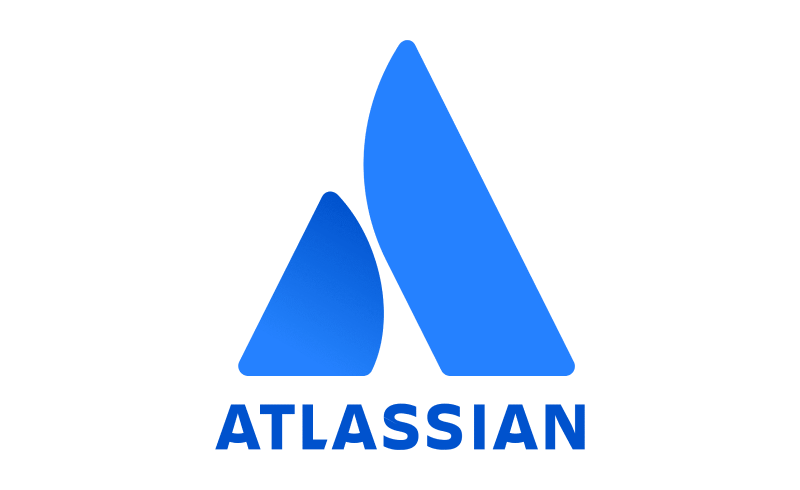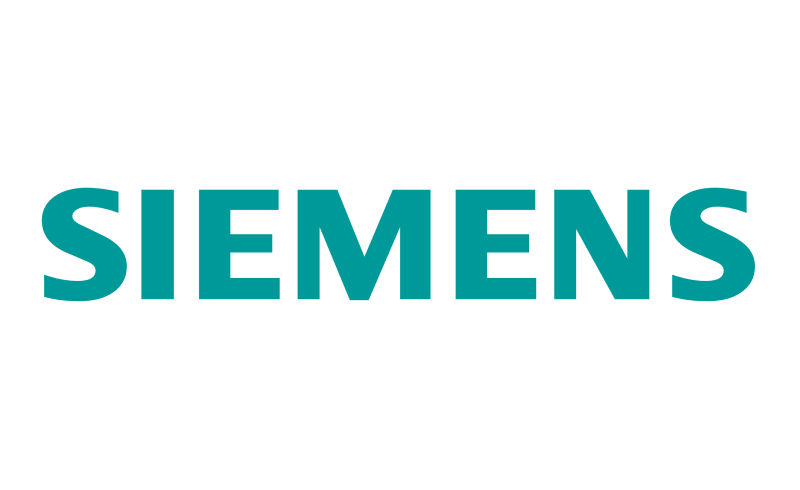Prisma Data Platform is a powerful solution that transforms data management and improve analytics. Designed for today’s data-driven world, Prisma offers comprehensive features to streamline data operations and derive valuable insights. It lets organizations optimize data workflows, productivity, and decisions based on actionable data. With Prisma, businesses can centralize and manage data from various sources, integrate with different databases, and leverage advanced analytics capabilities. Whether it’s data modeling, querying, or real-time analytics, Prisma helps organizations across industries to unlock the full potential of their data and drive success.
What is Prisma?
Prisma is an advanced data management platform designed for organizations to harness the full potential of their data. With a comprehensive suite of tools and capabilities, Prisma offers a cutting-edge solution for efficient data integration, modeling, migration, and analytics. Targeted towards organizations looking to enhance their data-driven decision-making processes.
On a base level, Prisma lets organizations improve their data operations and maximize data value across various domains. When making best use of cloud computing, Prisma facilitates secure and scalable data storage, so that businesses can effectively handle vast amounts of information. Its comprehensive data integration capabilities allow for connectivity with diverse data sources, whether they are relational or NoSQL databases.
To complement this, Prisma incorporates sophisticated data governance features, guaranteeing compliance with regulatory standards and improving data privacy and protection. It offers comprehensive data monitoring and management tools, allowing organizations to track data lineage, apply access controls, and ensure data quality.
How does Prisma work?
Prisma operates as a versatile and powerful data management platform, assisting with integration with various frameworks and technology stacks. Built with modern architectures in mind, Prisma can be utilized in both traditional and cloud-native environments, making it a flexible choice for organizations of all types.
Prisma employs data integration capabilities to connect with diverse data sources, including relational databases like MySQL and PostgreSQL, as well as NoSQL databases like MongoDB and Cassandra. This makes sure that businesses can consolidate and access their data from different systems in a unified manner. Prisma’s data modeling functionality allows users to define and optimize data structures, helping with efficient querying and analysis.
Prisma also offers support for popular development frameworks and stacks, such as Node.js, Python, and TypeScript. This means that developers can leverage Prisma’s capabilities within their preferred programming languages, improving productivity and ease of adoption. When providing an intuitive and developer-friendly API, Prisma allows for improved interaction with the underlying data sources, leading to efficient data manipulation and retrieval.
Features of Prisma
From comprehensive data integration to advanced querying and cloud-native deployment, Prisma offers a comprehensive set of tools to help organizations harness the true potential of their data.
Data integration and connectivity
Data integration capabilities allow connectivity with diverse data sources. It supports both relational and NoSQL databases, such as MySQL, PostgreSQL, MongoDB, and Cassandra. With Prisma, organizations can consolidate and access their data from multiple systems, enabling a unified view and streamlined data operations.
Advanced data modeling and querying
Prisma provides powerful data modeling features that allow users to define and optimize their data structures. By leveraging Prisma’s intuitive query language, developers can perform complex queries efficiently. The platform optimizes query execution and offers advanced query capabilities, enabling faster data retrieval and analysis.
Cloud-native and hybrid deployment
The data platform has been designed to integrate into modern architectures with simplicity, while supporting cloud-native deployment options. Organizations can use Prisma in tandem with popular cloud platforms like AWS, Azure, and Google Cloud, taking advantage of scalable and managed infrastructure. Prisma also offers hybrid deployment options, allowing businesses to retain control over certain data while leveraging the benefits of cloud technologies.
Real-time data processing and analytics
Prisma allows real-time data processing and analytics by integrating with streaming frameworks like Apache Kafka and Apache Pulsar. It allows organizations to ingest, process, and analyze data as it arrives, allowing for timely insights and data-driven decision making. Prisma’s integration with machine learning and AI technologies further enhances analytics capabilities, unlocking valuable insights from the data.
Developer-friendly API and framework support
Prisma offers a developer-friendly API that simplifies interaction with data sources. It provides comprehensive integration with popular development frameworks and stacks, including Node.js, Python, and TypeScript. Developers can leverage their preferred programming languages and tools, accelerating development cycles and increasing productivity.
Standout benefits of Prisma
Some of the unique advantages that Prisma brings to the table help organizations with simplified data operations, scalability, data governance, developer productivity, real-time insights, and cost efficiency.
Simplified data operations | Data integration, modeling, and querying capabilities, means Prisma simplifies data operations and provides a unified view of diverse data sources. With Prisma, organizations can efficiently handle data operations and derive valuable insights without the need for extensive manual coding. |
Scalability and performance | Prisma makes sure of scalability and performance by leveraging cloud-native and hybrid deployment options. It can scale with the growing needs of organizations, handling large volumes of data and high workloads. Prisma’s optimized query execution and advanced caching mechanisms improve performance, allowing for faster data retrieval and analysis. |
Enhanced data governance and security | Data governance and security is prioritized by incorporating comprehensive features such as data lineage tracking, access controls, and compliance frameworks. It means organizations can enforce data privacy, protection, and regulatory compliance, mitigating the risk of unauthorized access or data breaches. Prisma’s comprehensive security measures instill confidence in data management practices. |
Developer productivity and flexibility | Developer productivity and flexibility are boosted through its developer-friendly API and framework support. By providing nearly effortless integration with popular programming languages and frameworks, developers can work in their preferred environment and leverage existing skills. Prisma’s intuitive API and automated tooling simplify development cycles, allowing developers to focus on building value-added features. |
Real-time insights and analytics | Prisma facilitates real-time insights and analytics through its integration with streaming frameworks and machine learning technologies. By ingesting and processing data in real-time, organizations can gain immediate insights and make data-driven decisions. Prisma’s integration with AI capabilities allows for advanced analytics, empowering organizations to uncover hidden patterns and trends within their data. |
Cost efficiency and resource optimization | Prisma offers cost efficiency and resource optimization by leveraging cloud infrastructure and managed services. Organizations can take advantage of pay-as-you-go pricing models, scaling resources based on demand and avoiding unnecessary overhead costs. Prisma’s optimized resource utilization ensures efficient data management without compromising performance or incurring unnecessary expenses. |
Who uses Prisma?
Prisma is utilized by a diverse range of organizations across various industries, leveraging its capabilities to streamline data management and drive insights. Some well-known household names that employ Prisma include:

Airbnb, a global online marketplace for accommodations and experiences, uses Prisma to efficiently manage and analyze vast amounts of data related to bookings, user profiles, and reviews. Prisma helps Airbnb enhance their data-driven decision-making processes and improve the overall user experience.

Atlassian, a leading provider of collaboration and productivity software, leverages Prisma to handle data management and querying within their applications. Prisma helps Atlassian attain efficient data access, optimize performance, and provide an improved user experience for millions of users.

Siemens, a multinational conglomerate operating in various industries, incorporates Prisma into their data infrastructure to centralize and manage data from multiple sources. Prisma lets Siemens to harmonize data across different business units, enabling analytics, reporting, and decision-making capabilities.

Twitch, the popular live streaming platform for gamers, utilizes Prisma to manage and analyze user-generated data, such as user profiles, chat logs, and streaming metrics. Prisma enables Twitch to handle large-scale data operations, ensuring a smooth streaming experience for millions of users worldwide.
Potential limitations when adopting Prisma
It’s worth noting that Prisma does not come without drawbacks and understanding these factors will help organizations make informed decisions about adopting Prisma for their data management needs.
Platform dependency
Prisma’s integration with specific frameworks and stacks can create a certain level of platform dependency. While it offers support for popular programming languages and frameworks, organizations heavily invested in alternative technologies may face challenges in adopting Prisma. Evaluating compatibility and potential migration efforts is crucial before implementing Prisma.
Limited database support
Although Prisma supports a range of databases, there might be limitations in terms of compatibility with certain niche or less commonly used database systems. It is essential to evaluate if Prisma provides native support for the specific databases required by the organization. In cases where compatibility is limited, additional development efforts may be necessary for integration.
Customization and extensibility
While Prisma offers a comprehensive set of features, organizations with unique or highly specialized requirements may find limitations in terms of customization and extensibility. Customizing certain aspects of Prisma to fit specific use cases might require additional development or workarounds. Evaluating the extent of customization needed is crucial to ensure alignment with business needs.
Cost considerations
Prisma’s pricing structure and associated costs may be a disadvantage for some organizations, especially those with budget constraints. As a feature-rich platform, the pricing model might be tailored for enterprises, making it less affordable for small or resource-constrained businesses. Careful evaluation of the pricing plans and a comprehensive cost-benefit analysis are necessary before committing to Prisma.

